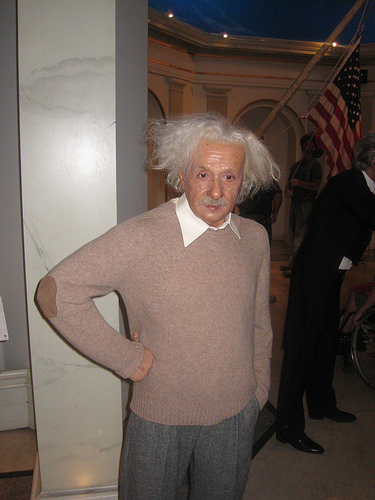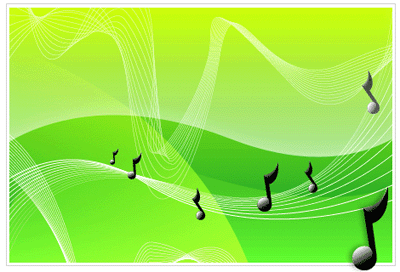
Laurence O’Donnell “Music is so naturally united with us that we cannot be free from it even if we so desired” (Boethius cited by Storr). Music’s interconnection with society can be seen throughout history. Every known culture on the earth has music. Music seems to be one of the basic actions of humans. However, early music was not handed down from generation to generation or recorded. Hence, there is no official record of “prehistoric” music. Even so, there is evidence of prehistoric music from the findings of flutes carved from bones. The influence of music on society can be clearly seen from modern history. Music helped Thomas Jefferson write the Declaration of Independence. When he could not figure out the right wording for a […] Read More
